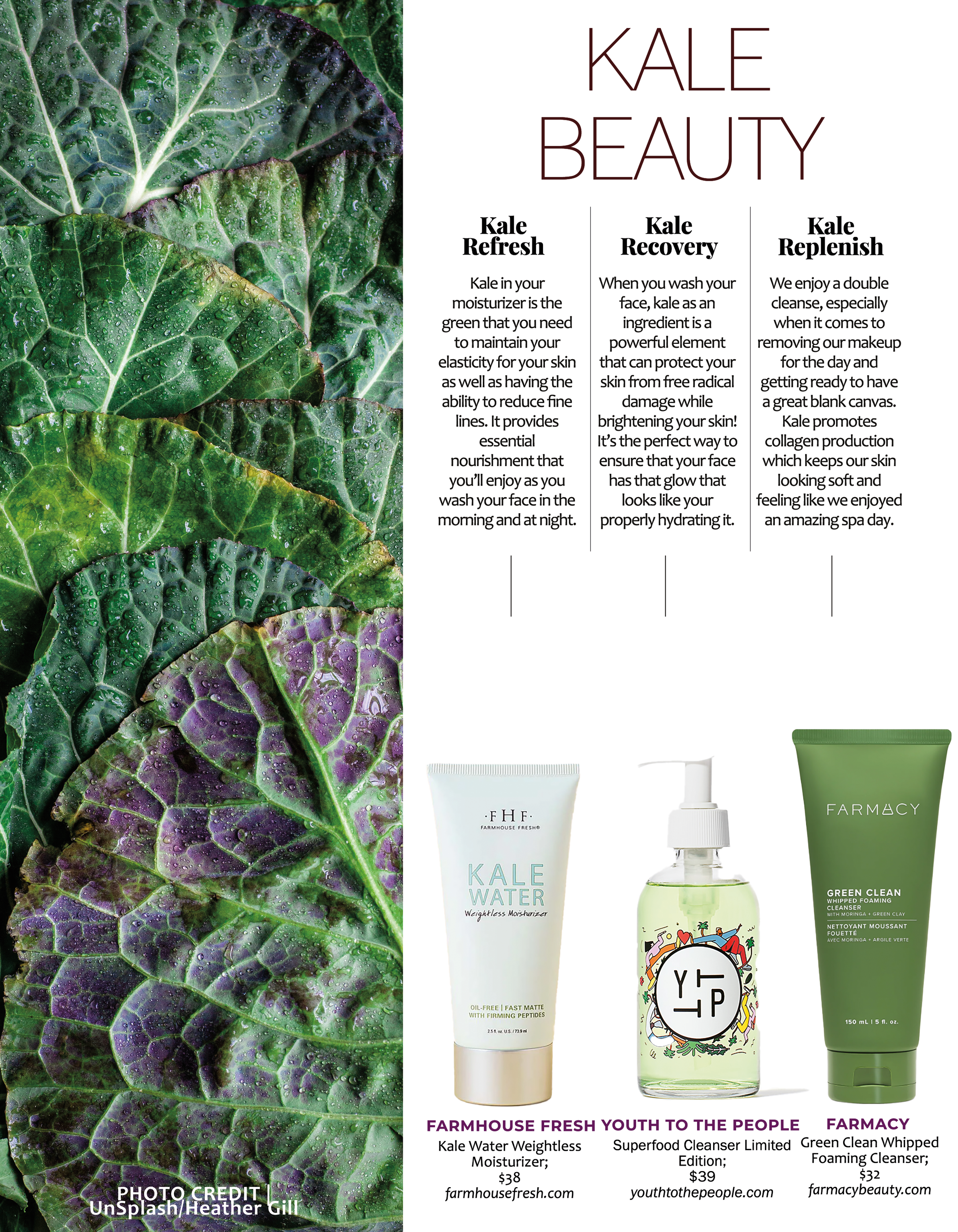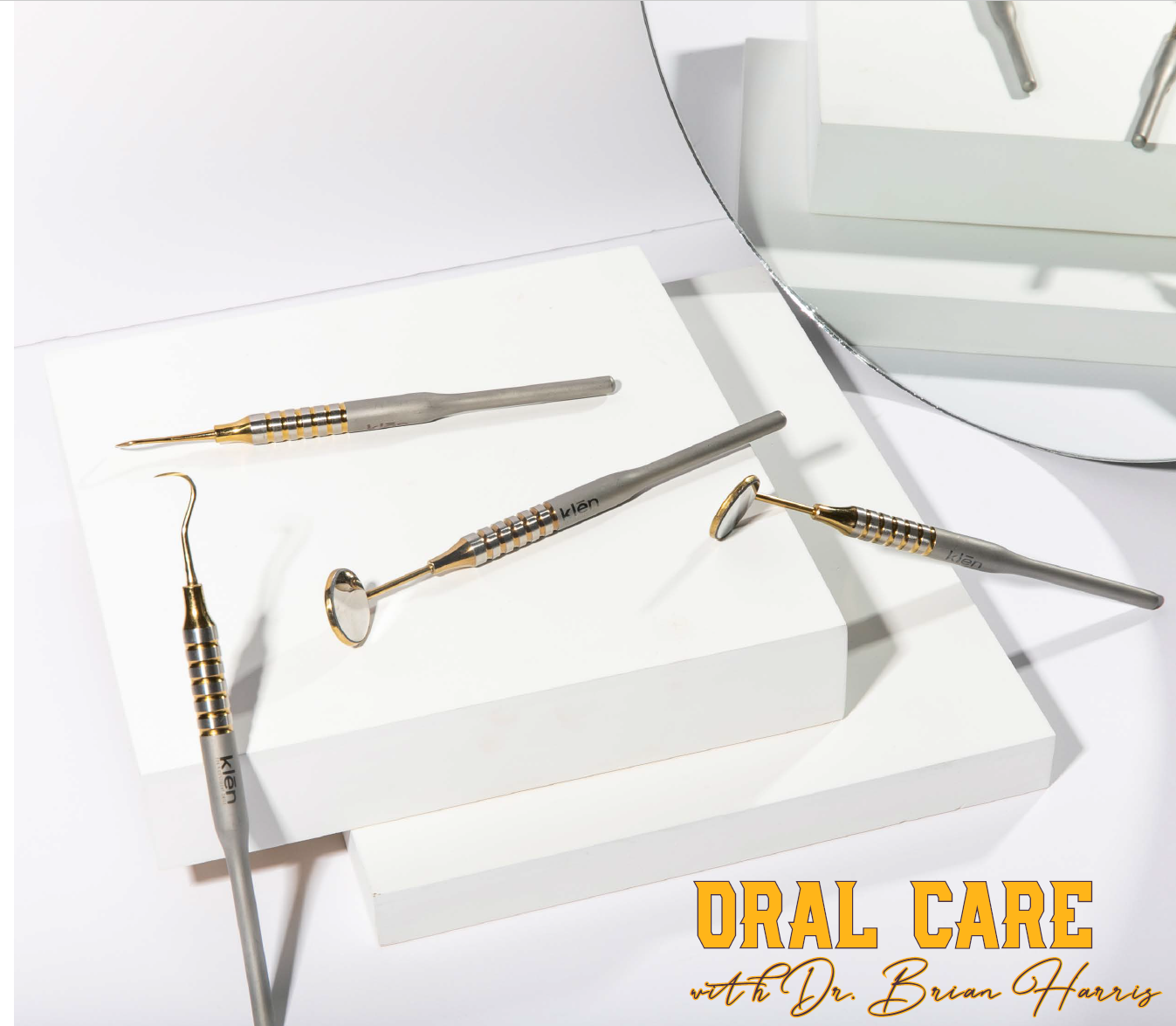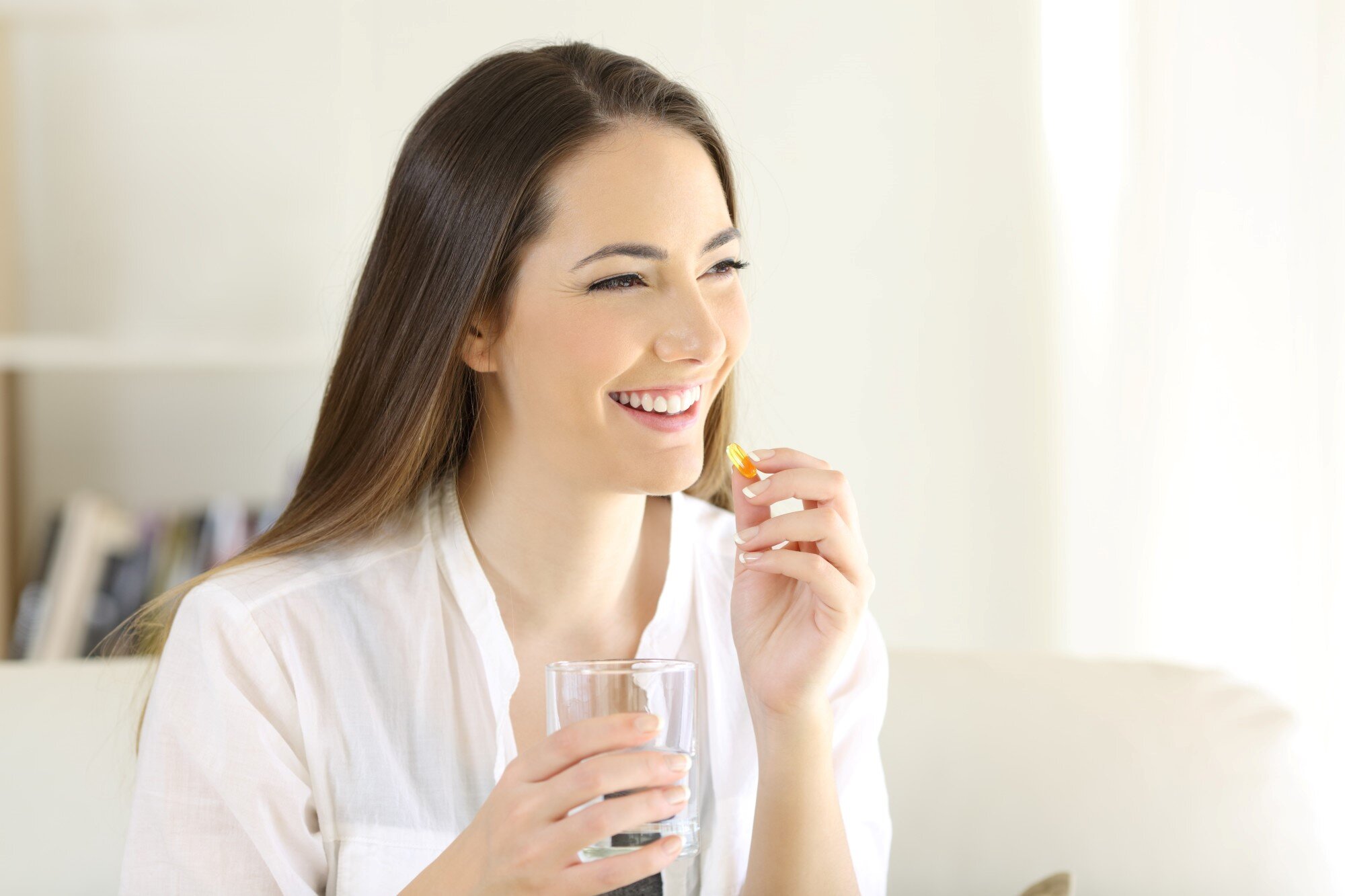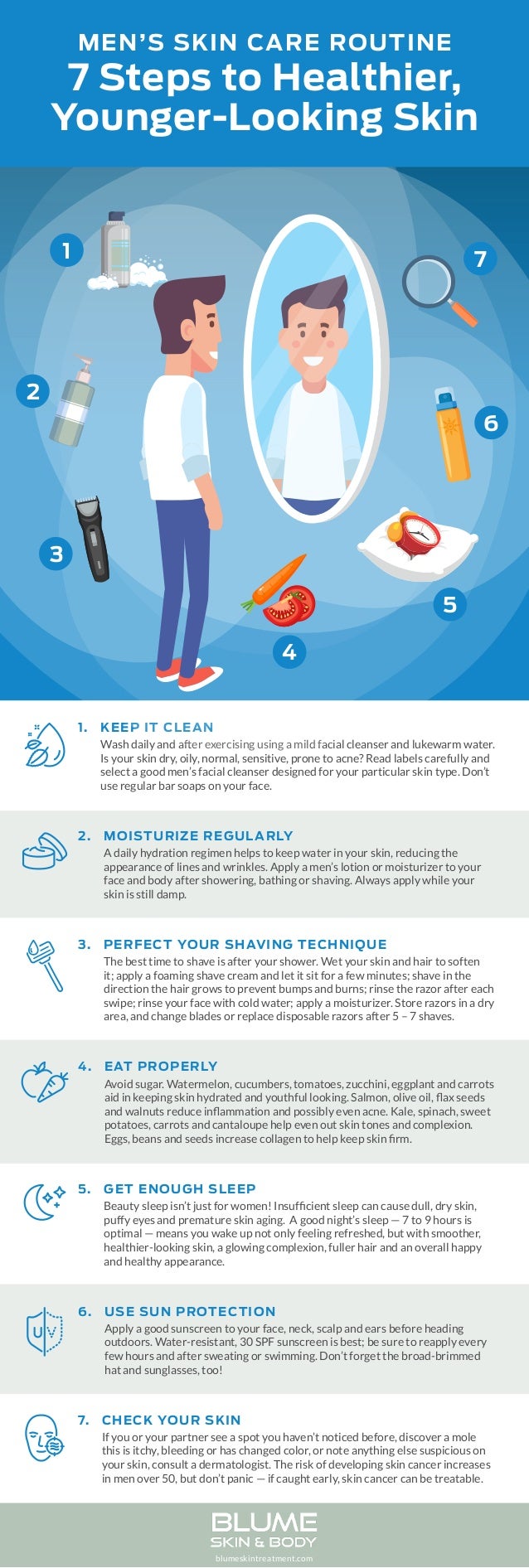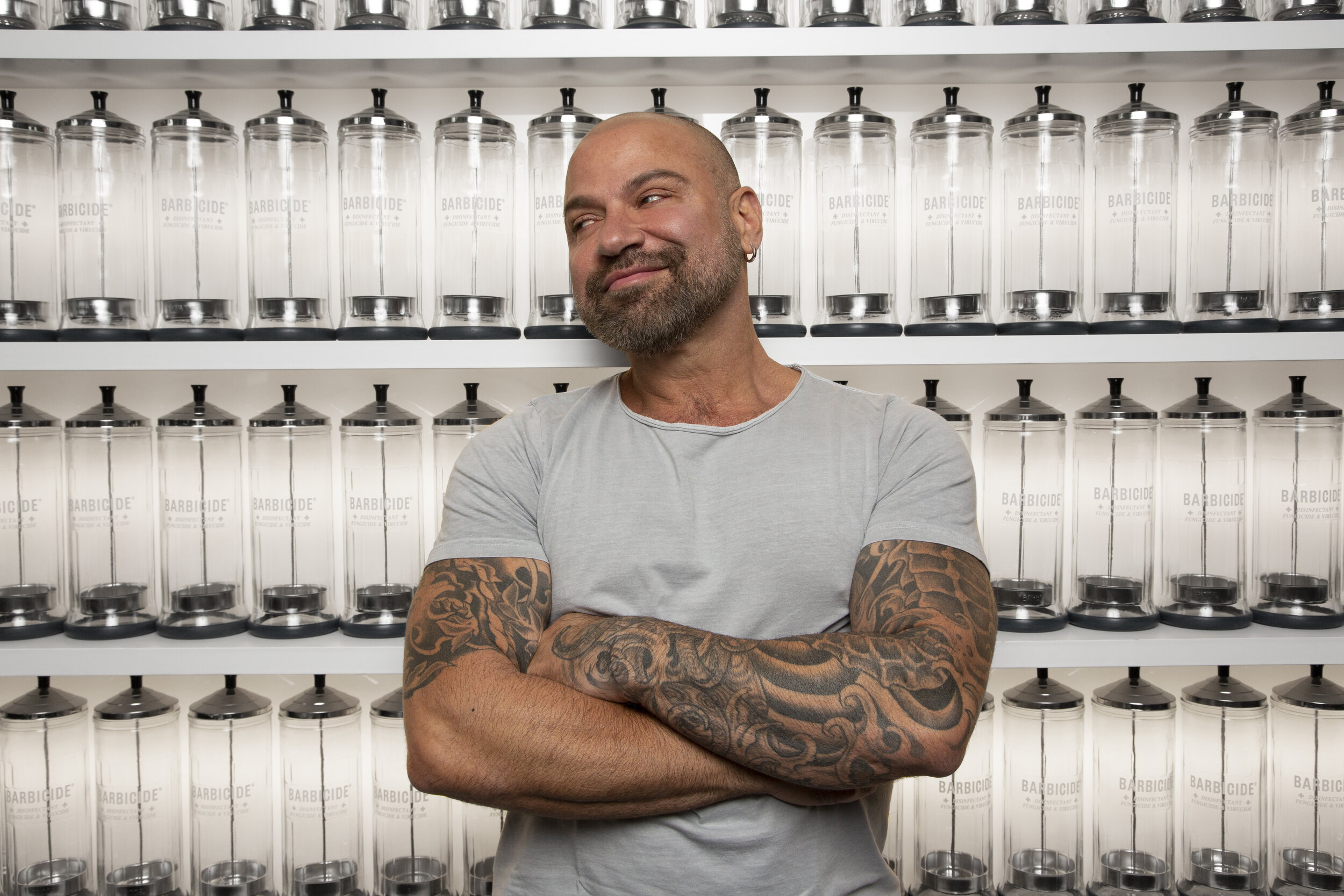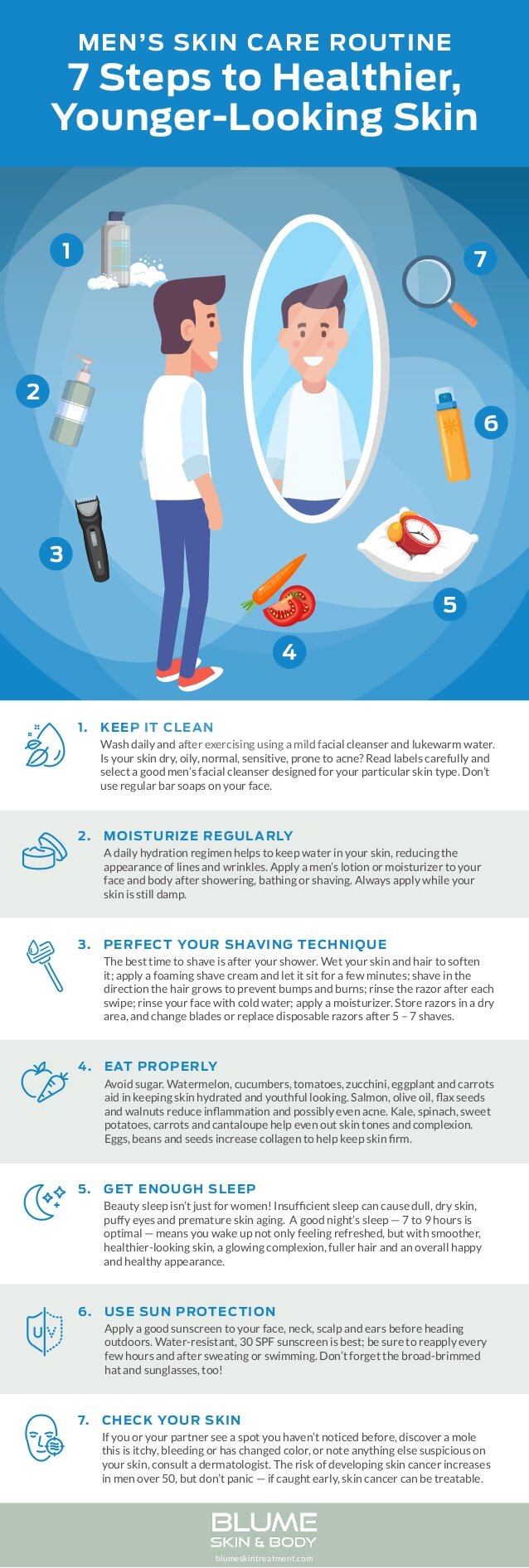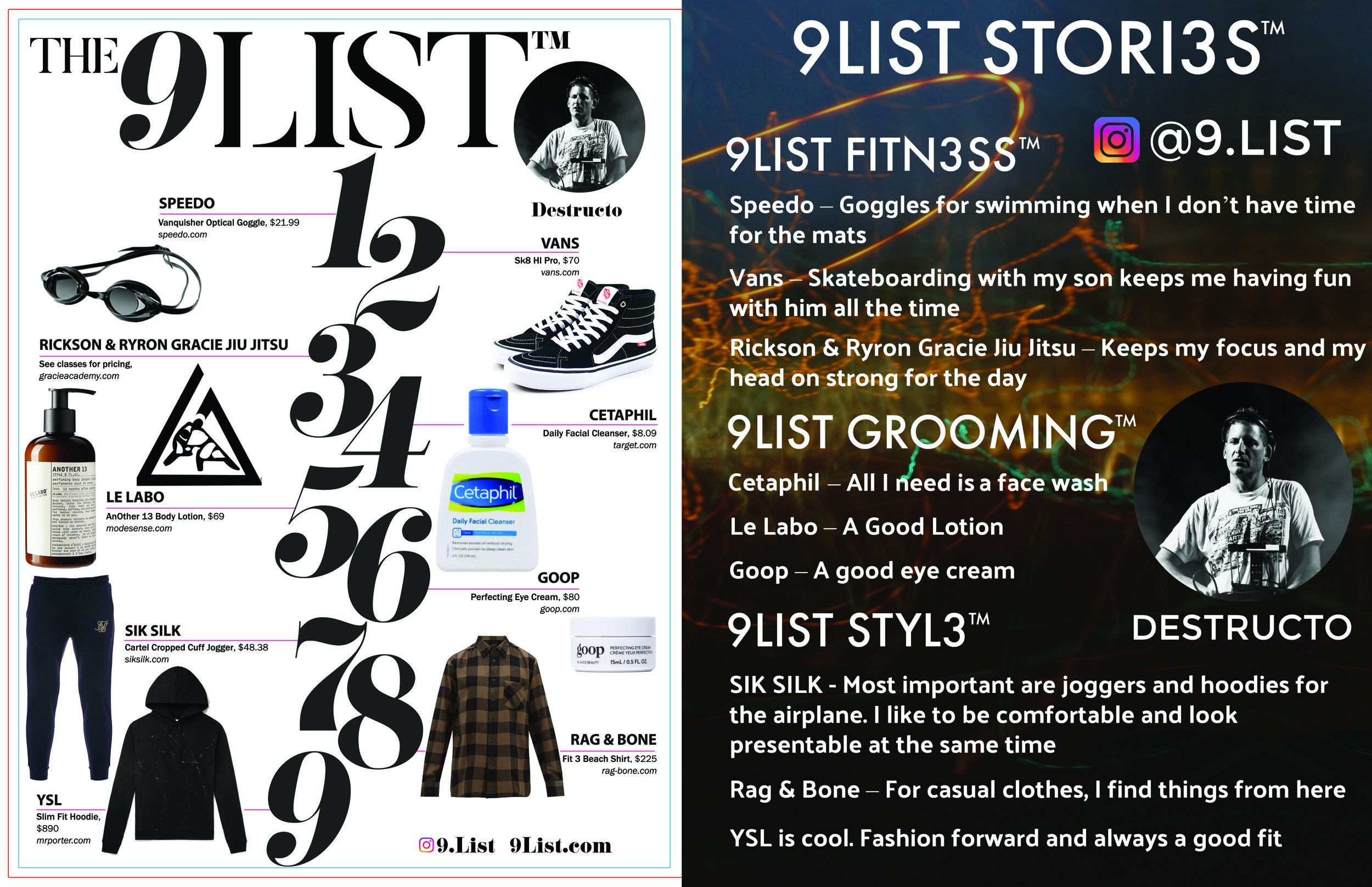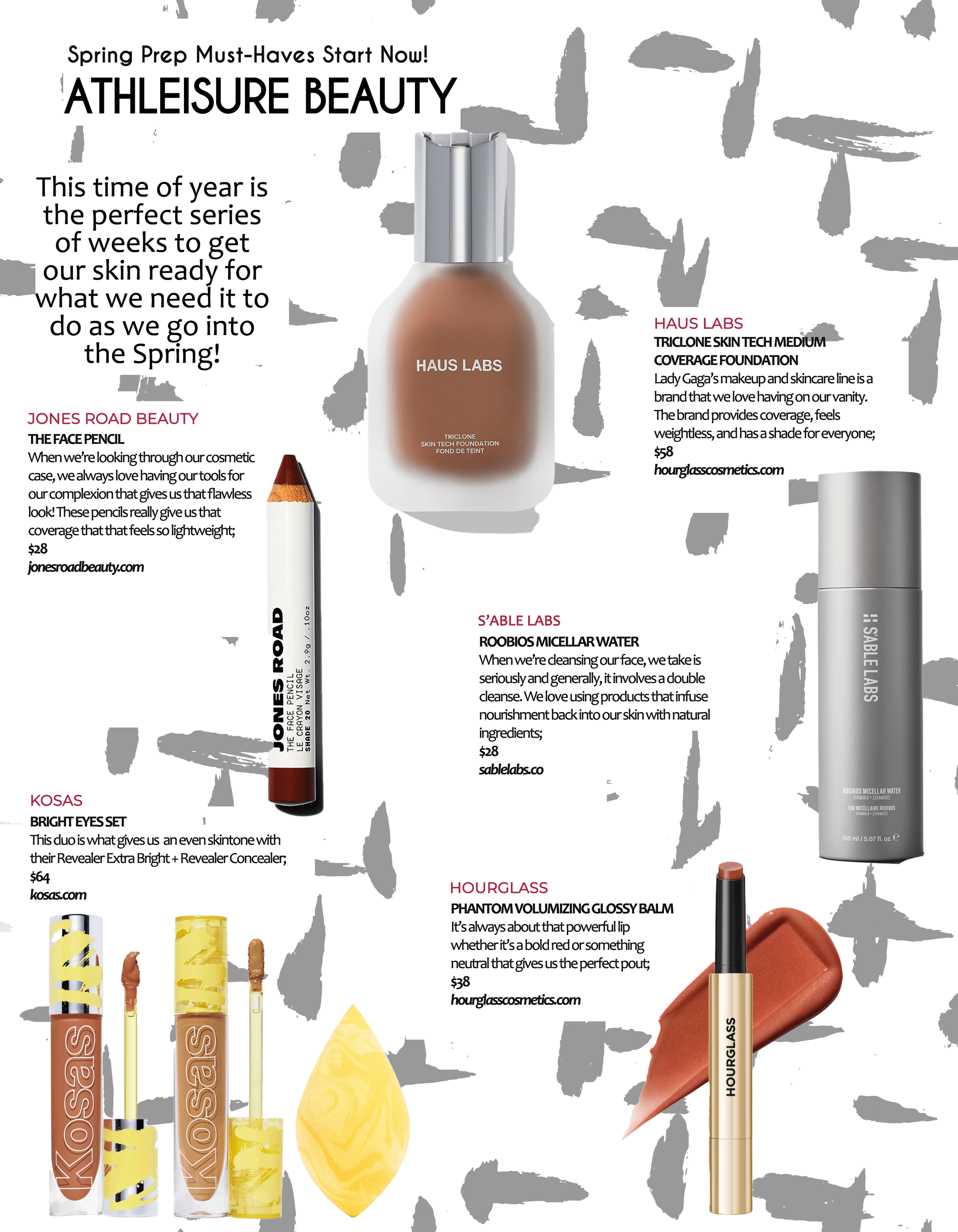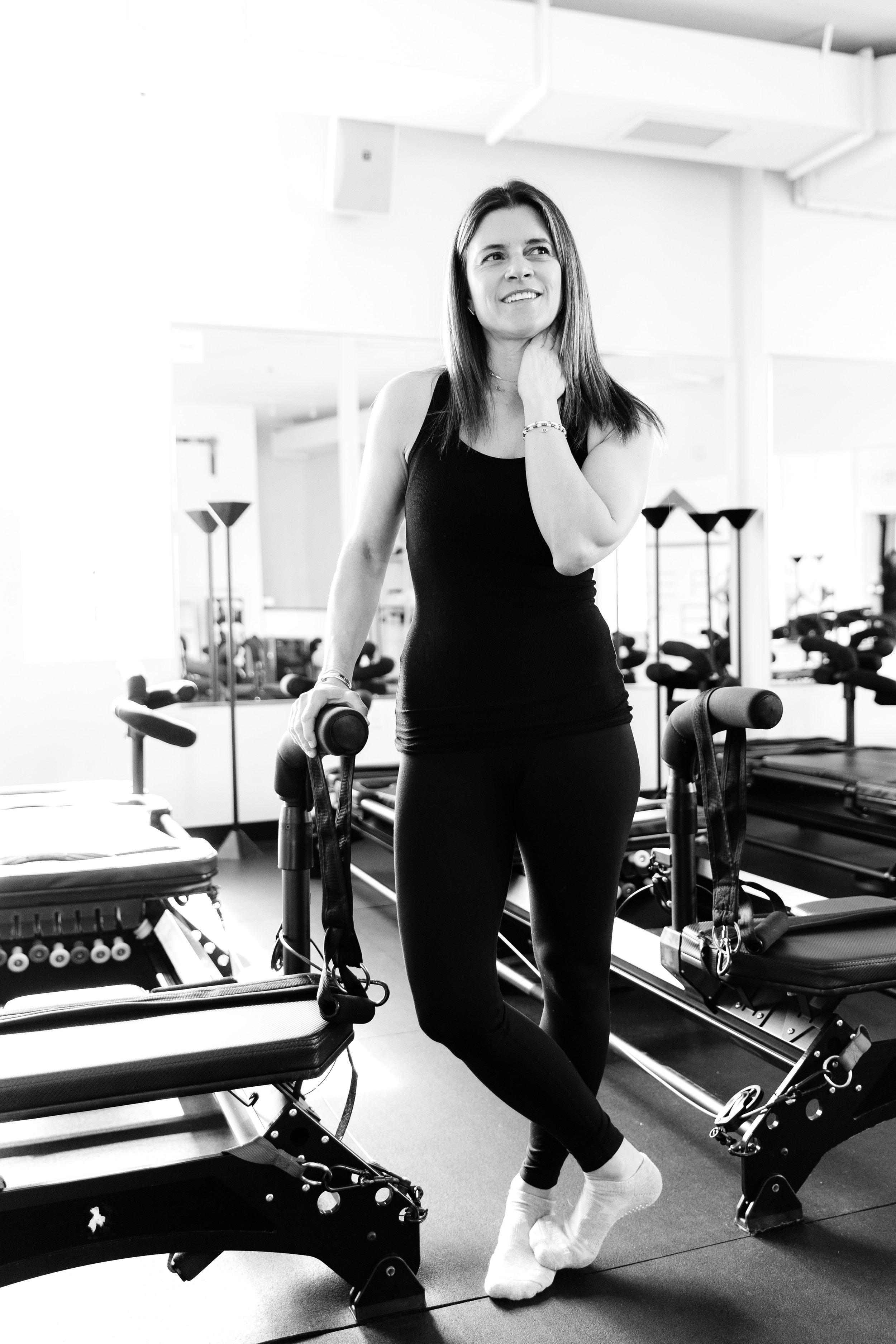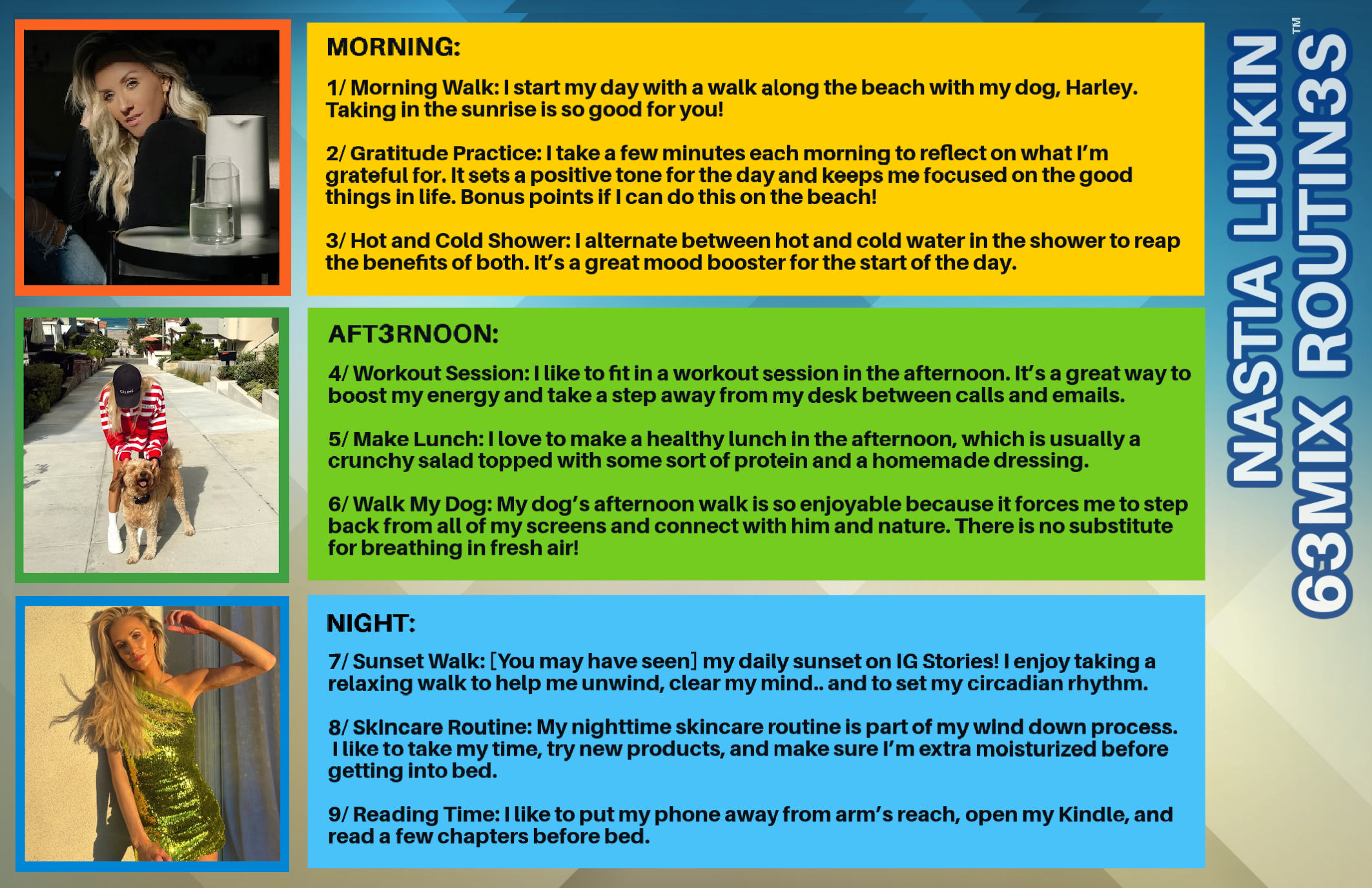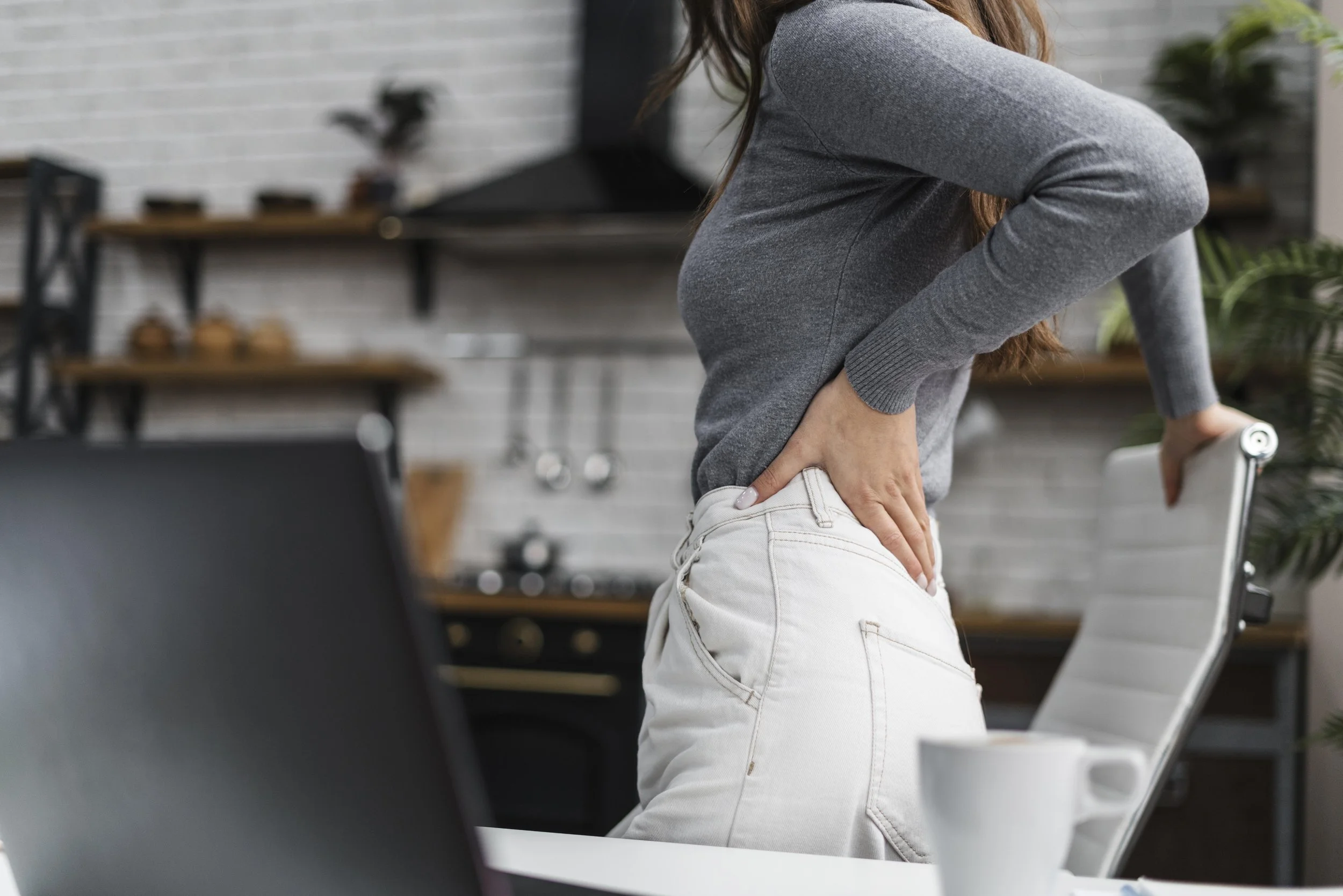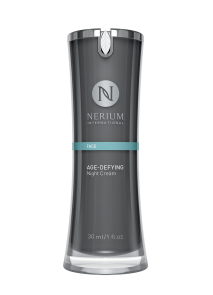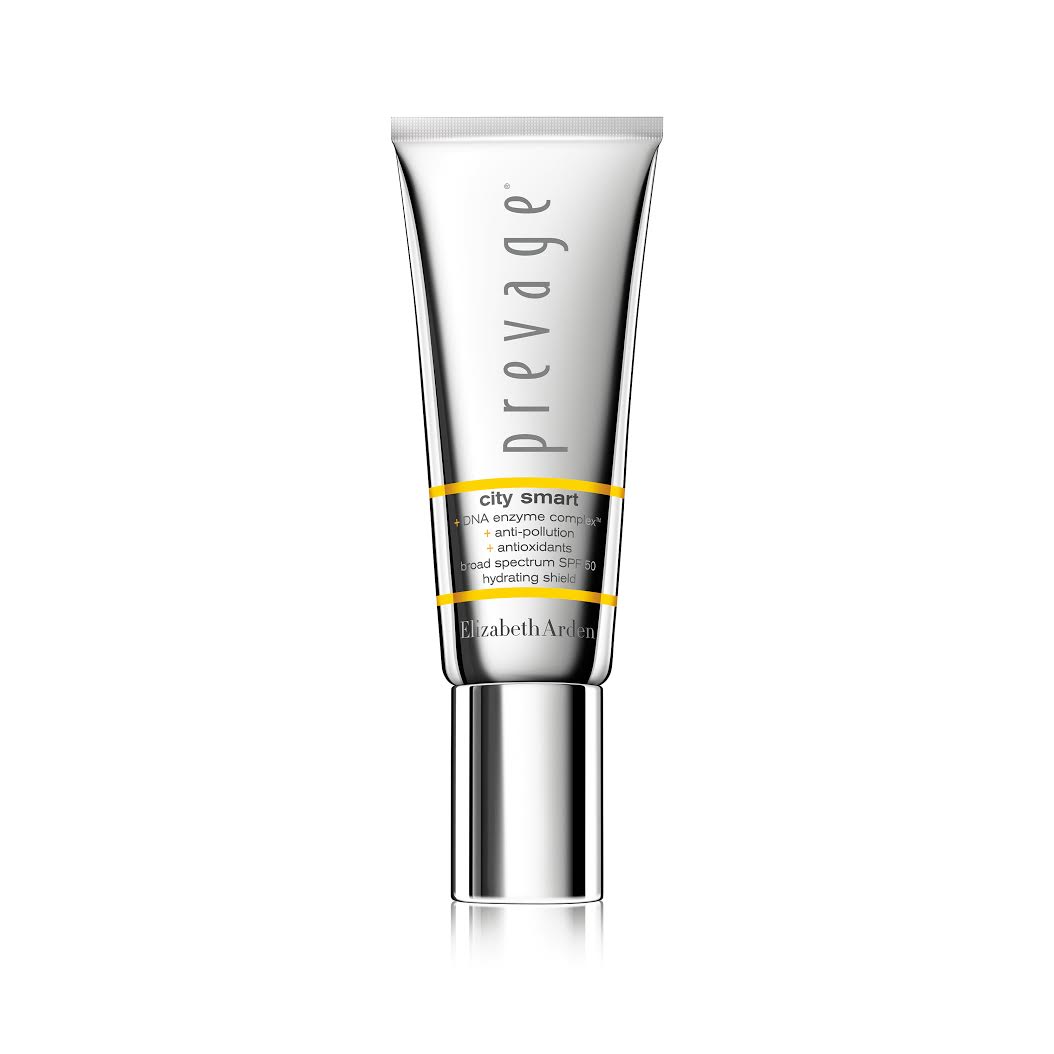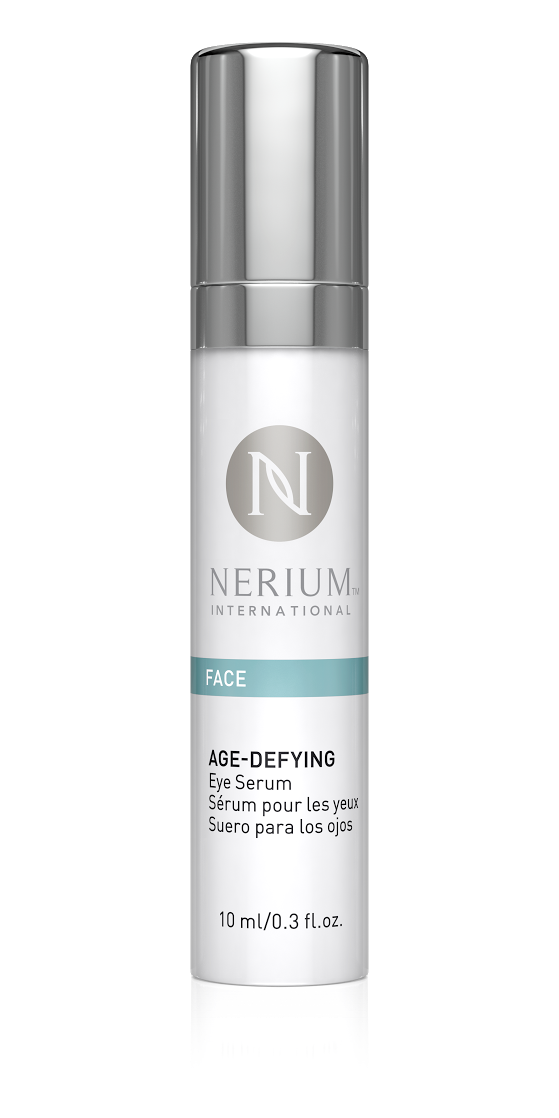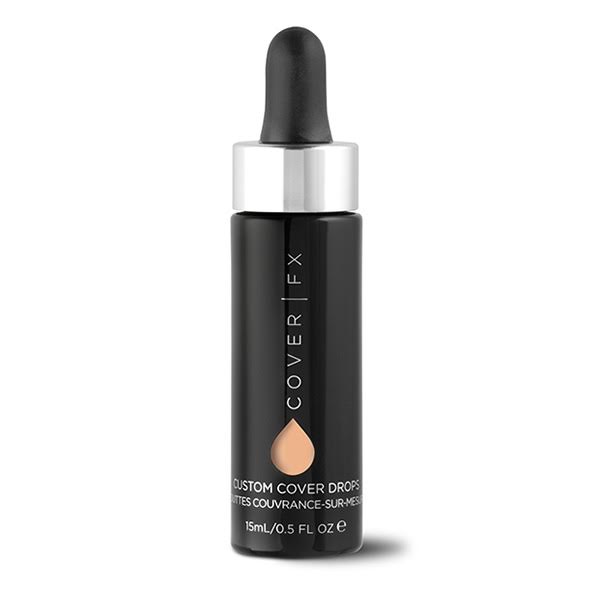It seems as if every week there is a new skin care ingredient trending on Instagram, From 24 Karat Gold, to Charcoal, Snail Mucin, Hyaluronic Acid, Panthenol, Azelaic acid, CBD, and countless others.
We are all subject to marketing and advertising on a daily basis. It seems like even thinking about skin care will have you bombarded with sponsored posts on social media. But how trustworthy are some of the marketing buzzwords used to describe the effects of skincare merchandise? We reached out to an anti-aging expert and board-certified Denver Plastic Surgeon, Dr. Manish Shah. Shah advocates helping consumers understand what this frequently used language means.
“There are many ways marketers attempt to pull the wool over the eyes of the consumer with empty phrases and jargon,” comments Dr. Shah. “A phrase such as ‘clinically tested’ and ‘doctor recommended’ is used to mislead consumers into thinking a certain product has more credibility than it actually does.” However, Dr. Shah explains, when these phrases are used it says nothing for the results of the clinical tests or what the products were tested for. In terms of products being “Doctor recommended,” Shah warns that “consumers don’t know what doctor recommended the product in most cases and if those doctors are getting some sort of incentive for endorsement.”
Dr. Shah shares common marketing jargon phrases used to mislead consumers.
A Product that claims “Patented Technology”
“Patents are not necessarily a foolproof sign that something is groundbreaking or effective,” explains Dr. Shah. “Marketers use this language to convey innovation and superiority that their product might not necessarily have over its competitors,” he says. Patents are sometimes authorized through technicality instead of breakthrough meaning any new combination of ingredients, methods or production process can be patented as long as it is new.
“Maximum strength”
This is a term used often by skin cleansers and moisturizers. “It’s a relative term and the consumer doesn’t really know what it is relevant to. It’s language that entices the shopper to make the purchase without really telling them how it accomplishes ‘maximum strength’ results,” says the Denver Plastic Surgeon.
“Clinical strength”
From painkillers to hydrating serums, companies love to bill their products as having “clinical strength.” Dr. Shah says consumers should practice healthy skepticism with such claims. “A product that claims it has clinical strength, in many cases, could have been tested by the doctors developing it. If you think about it you can’t really pinpoint what that phrase means because it is relative and we have no context as to what the company considers clinical strength,” says Shah. The perception, explains Dr. Shah, is that the product is better because the world clinical makes it sound more credible.
“For All Skin Types”
“This is a difficult promise to deliver on,” says Shah who has practiced his specialty for 14 years. “Not all skin is the same. If someone has an allergy to an ingredient or some form of dermatitis they really should speak to their doctor about what products are best to include in their regiment instead of blindly trusting a label,” he says.
“FDA Approved”
The FDA has different protocols for skincare products that make cosmetic claims as opposed to those that make more medical claims such as promising to increase the production of collagen in the skin. Since that is a body function the FDA treats those differently than normal skincare products. However, the FDA just stipulates that the product being sold is safe to use in the manner in which it is directed to be used “FDA approval is not credential that shows the superiority of results,” says Dr. Shah. The plastic surgeon recommends that you not be sold on the sole factor of an FDA approval.
“Anti-Aging, Revitalizing, or Age Defying”
We’ve all seen these on the labels of some cream or serum or advertised in a commercial where beautiful models and actresses are displayed in all of their airbrushed and well-lit perfection. “These terms are somewhat misleading in that they give the perception of an unrealistic turning back of the clock,” says Dr. Shah. To many consumers viewing an advertisement, it might seem like buy and using that product will help them look like an ageless actress and that is not accurate.” Aging gracefully and maintaining a more youthful look has a lot to do with nutrition, exercise, genes, consistent skincare, stress levels, and cosmetic procedures when necessary. But according to Shah, people cannot cling onto just one aspect in order to look their best and no one product will reverse the clock.
Medical-Looking Packaging
Be wary of bottles that look like test tubes, labels or packages that include a medical or first aid cross, or feature type that looks like Rx suggesting that it’s a prescription-strength formula even though it’s sold over the counter.
Botanical
Dr. Shah explains that “An actual botanic is technically an ingredient that is derived from a plant. But, again, “botanical” may be used in advertising to refer to something that is synthetic but acts similar to a plant-based ingredient.”
Instant Results
Keep in mind that “instant results” aren’t the same as “long-term results.” Meaning, you may use a product that gives you instant moisture or has a quick-acting firming effect, but those results may fade after a few hours and require reapplication. Dr. Shah’s final advice: “Check a product to make sure it specifies whether its “instant” effects are long-lasting or short term.”
Firming
What you think it means: Proven to make skin look tauter.
What it really means: Essentially nothing. “There is no objective way to measure firming,” says Dr. Shah “When a brand says their product has been shown to firm your skin, that claim can only be based on very subjective consumer perception.”
Natural
What you think it means: Make from the earth’s own ingredients with no chemicals
What is really means: “Natural” doesn’t necessarily mean anything about the purity of a product. It’s a term that hasn’t been defined by the FDA. To determine what’s actually in a product, read the ingredients list. How many can you pronounce? If they sound like a list of chemicals, they are. There may be a benefit for some people to avoid parabens, usually absent from “natural” products, if their skin is sensitive.
Gluten-Free
What you think it means: That the product is not made with any gluten.
What it really means: Unlike foods, cosmetics labeled “gluten-free” aren’t regulated by the FDA. Do you need gluten-free beauty products? Maybe, if you’re gluten-sensitive and it’s a lipstick, gloss, or balm, which you could ingest in tiny amounts. Otherwise, it’s not necessary.
Read the latest issue of Athleisure Mag.




